Things You Need to Consider to Keep Your Suspension System Healthy
Your suspension system is one of the most valuable pieces of your car. It is so valuable that you wouldn't be able to drive anywhere if you didn't have this system installed on your vehicle. You'll find it important to maintain a healthy system for the highest optimal performance and safety. An important part of keeping your suspension healthy is knowing how your driving affects it and if you need a suspension repair. Let's look into what you may need to know about your suspension.
Suspension
Your car has a series of parts that increase the friction between your car and the road. Your wheels consistently being on the ground creates a comfortable, smooth ride. Not only does it keep your vehicle moving comfortably, but it allows you to handle, turn, and stabilize your vehicle. This is why getting a suspension repair is so important. Your suspension system will be under a lot of stress hitting potholes, speed bumps, and curbs that you may not have seen. Harsh weather conditions can also deteriorate your car, making it important to always keep an eye out for damages or weird noises coming from your suspension.
For starters, there are two prominent types of systems: dependent and independent. The most prominent system seen in modern cars is independent suspension. This type of system allows wheels on the same axle to move up and down independently from each other. On the contrary, dependent wheels move and bounce together. However, some vehicles may have both systems. This is a rare case, but it is always important to know in case you need suspension repairs.
Components
To understand the system, you need to understand the individual parts. Your car's springs absorb the impacts of driving over these roadway hazards. The shocks work alongside the springs, absorbing the impact and ensuring the wheels maintain the friction with the road. Ball joints allow your vehicle to turn and maneuver, making them an important part of your car to replace if you ever need suspension repairs. Your control arms also help keep your wheels on the ground. This piece connects the frame of the vehicle to your suspension system. Finally, the struts combine the coils and shocks into one valuable part. Your struts support the weight and stabilization of your vehicle.
Conditions
The ideal conditions for keeping your suspension healthy are smooth roads. Your car's suspension will have almost no wear on it if you drive on perfectly smooth roads. However, this is rarely the case. No matter where you live, the odds are you will find a pothole that came out of nowhere when you were driving. These uneven roads are terrible for your car. They will damage the wear on your wheels and slowly destroy the shocks and struts. A small pothole can cost you thousands of dollars in repairs if you hit it.
Living in a state that experiences all four seasons can devastate your car. While there is nothing you can do about it, Mother Nature can cost you thousands of dollars. Uneven surfaces with potholes are caused by groundwater and the expansion and retraction of asphalt on hot to cold days. Water expands and freezes within the pavement, slowly breaking down the surface. In densely populated areas, cars constantly driving over the holes cause further damage to the asphalt and create roadway hazards. While damaged roads are inevitable, you will find avoiding potholes and other hazards important in keeping the health of your vehicle. Putting stress on your vehicle by driving over potholes buys you a one-way ticket to an auto body repair shop.
Unless your car is made for off-roading, stay between the lines of the road. Rocks, bumps, divets, and mud can damage or misalign your car's suspension. Even vehicles with specially designed suspension systems for off-roading can't sustain the beating. Avoid driving on grass or dirt and stay in your lane on asphalt pavement.
Care
Taking care of your car should be one of your top priorities. Between that and your house, it is one of the most valuable assets you own. Understanding how to drive in rough conditions is a spa day for your car. Avoiding potholes, staying on the road, and dodging road hazards will extend the life of your car's suspension. Minimizing the impact on your system avoids parts malfunctioning and potential collisions. Take care of your car and it will extend its life for years to come.
Defensive driving habits directly contribute to the longevity of your suspension system. During your daily driving, you should be aware of your surroundings, anticipating risks and expecting the unexpected. If you are driving on a faulty suspension, there is a possibility of a part giving out. A defensive driver gets necessary suspension repairs and maintains frequent maintenance on their vehicle to optimize performance.
Maintenance
Routine inspections and frequent maintenance are important to keeping your car healthy. Anytime you bring your vehicle to an auto shop, you should make sure they check the suspension before any damages can escalate. According to Kelly Blue Book, your car's suspension system can last anywhere from 50,000 to 100,000 miles. If you hear any noises and notice any issues with your car's suspensions during this time, maintenance is required. If you try doing the suspension inspection yourself, you might miss costly problems. Turn to a professional so you can drive comfortably for years to come. Identifying suspension issues before they worsen is information every driver needs to know. Preventive maintenance protects your vehicle from any unnecessary stress.
Signs
Knowing the signs of a faulty suspension system can save you thousands of dollars down the line. One of the biggest key indicators of faulty suspension is irregular noises. It's not expected that everyone can determine which piece it is by the noise, making it important to bring your car to an auto shop for suspension repairs before any further damage occurs. Another common sign of a damaged system can be your car slightly pulling to the left or right. This pulling occurs from the inability to keep your car stable, which is a sign your shocks can be deteriorated or damaged. If you recognize any of these signs in your vehicle, you should take it to a suspension repair shop.
A rougher ride can be a sure sign you need suspension repairs. You should be sitting comfortably when you are driving. If a small bump causes a big disturbance to your driving, consider getting your system checked by a local auto shop. Your steering wheel will be your best friend in finding if you have faulty components. With a damaged system, your steering wheel might be shaky or make clunking noises. This is a telltale sign that suspension repairs are needed. Educate yourself on how your tires are supposed to look. When the treads of your tires are wearing unevenly, you will find it important to visit an auto shop for suspension repair.
Educating yourself on your car's suspension system is important in staying safe and saving yourself money down the line. If you think you need a suspension repair, look no further than City Side Auto Body. Send us a message online or give us a call today for any of your auto body needs. We look forward to helping you!

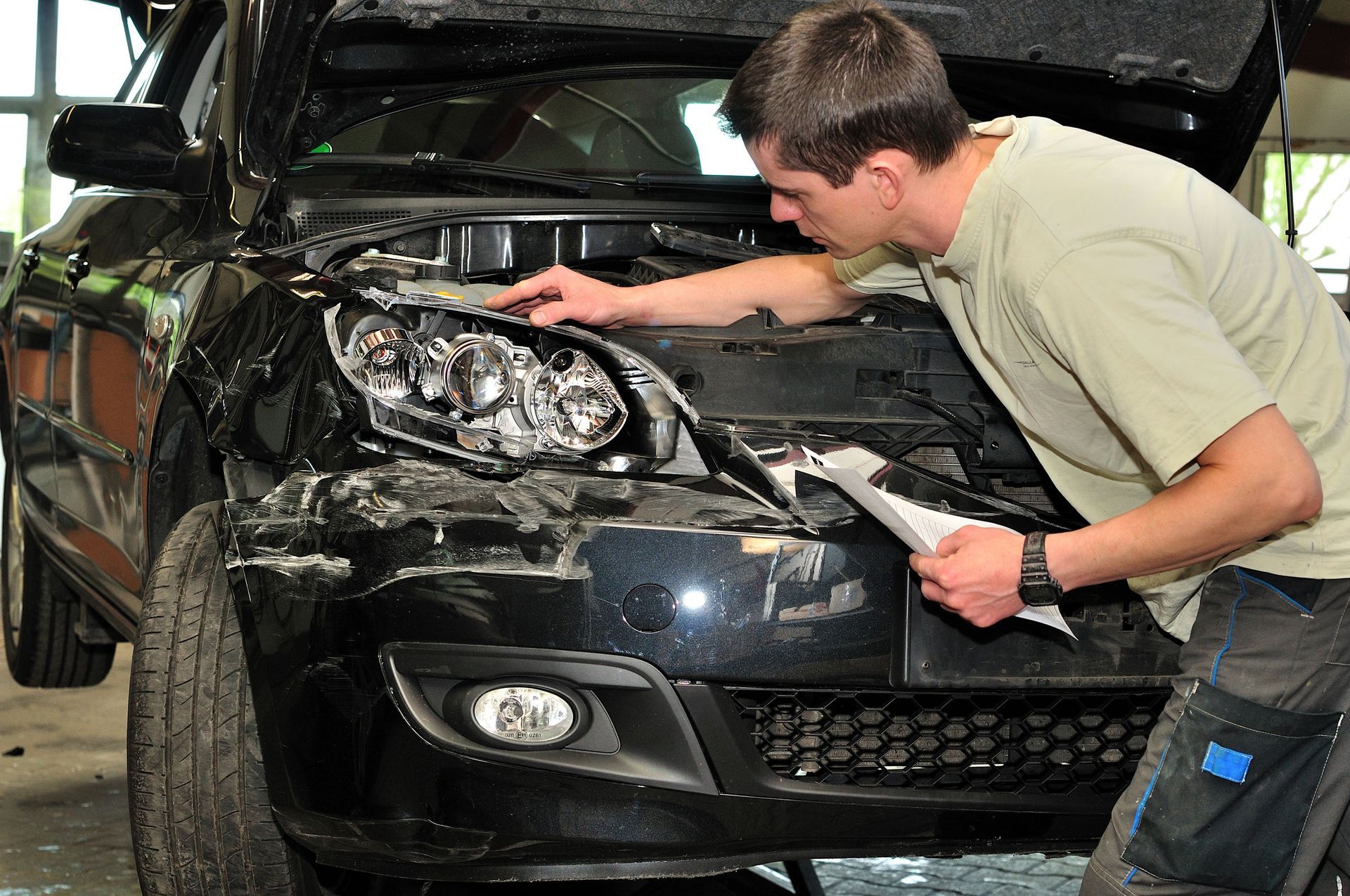
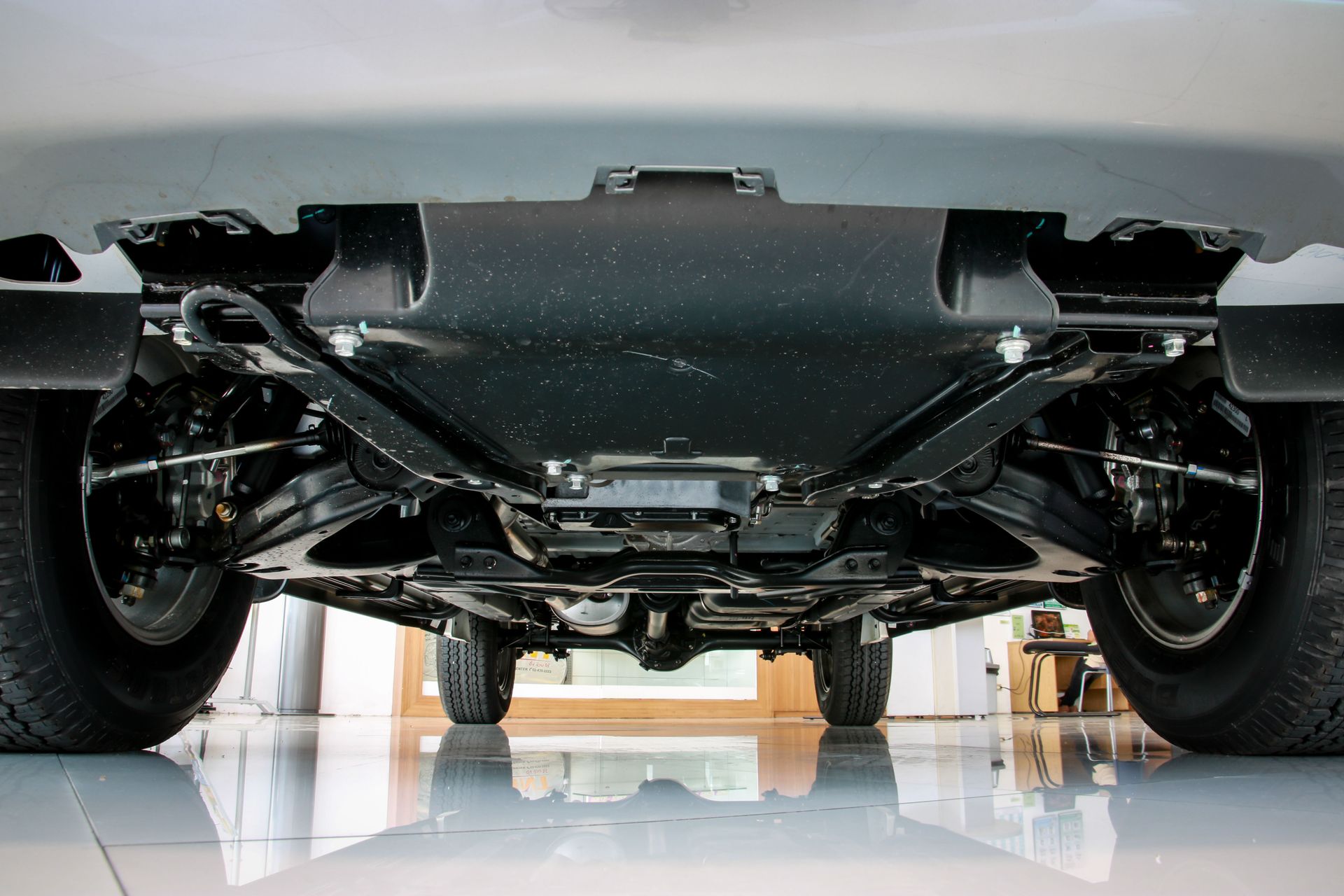

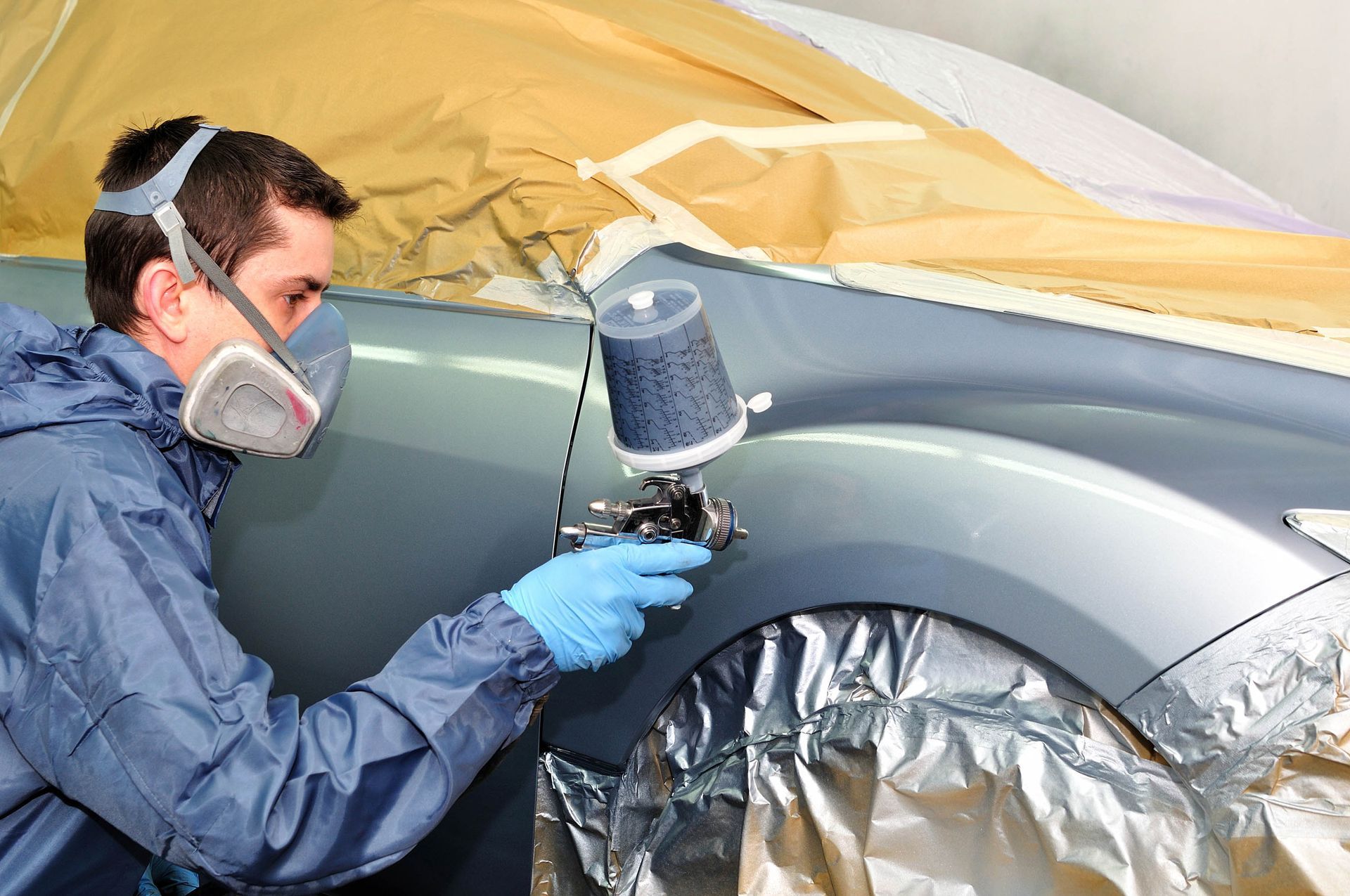
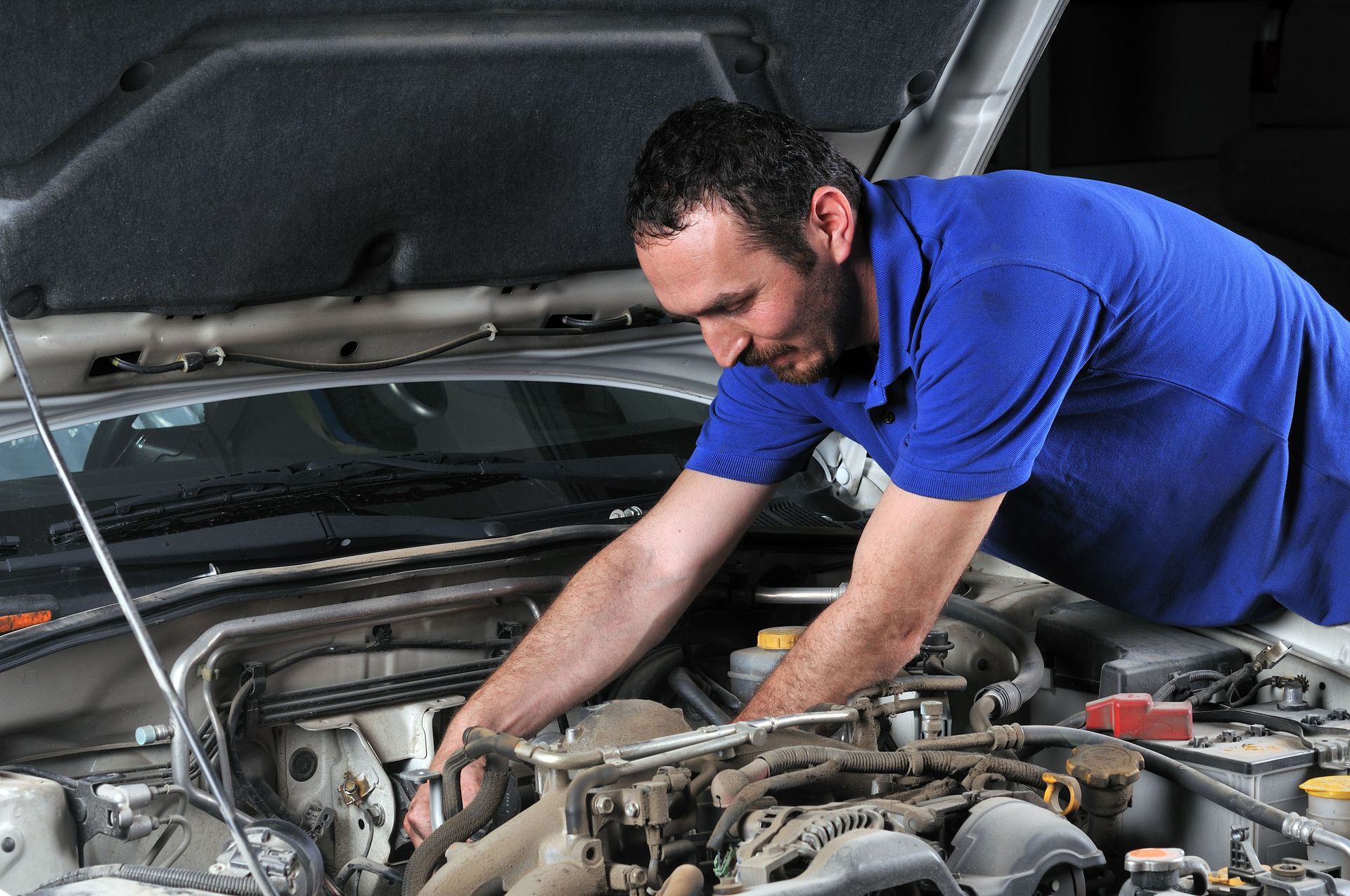
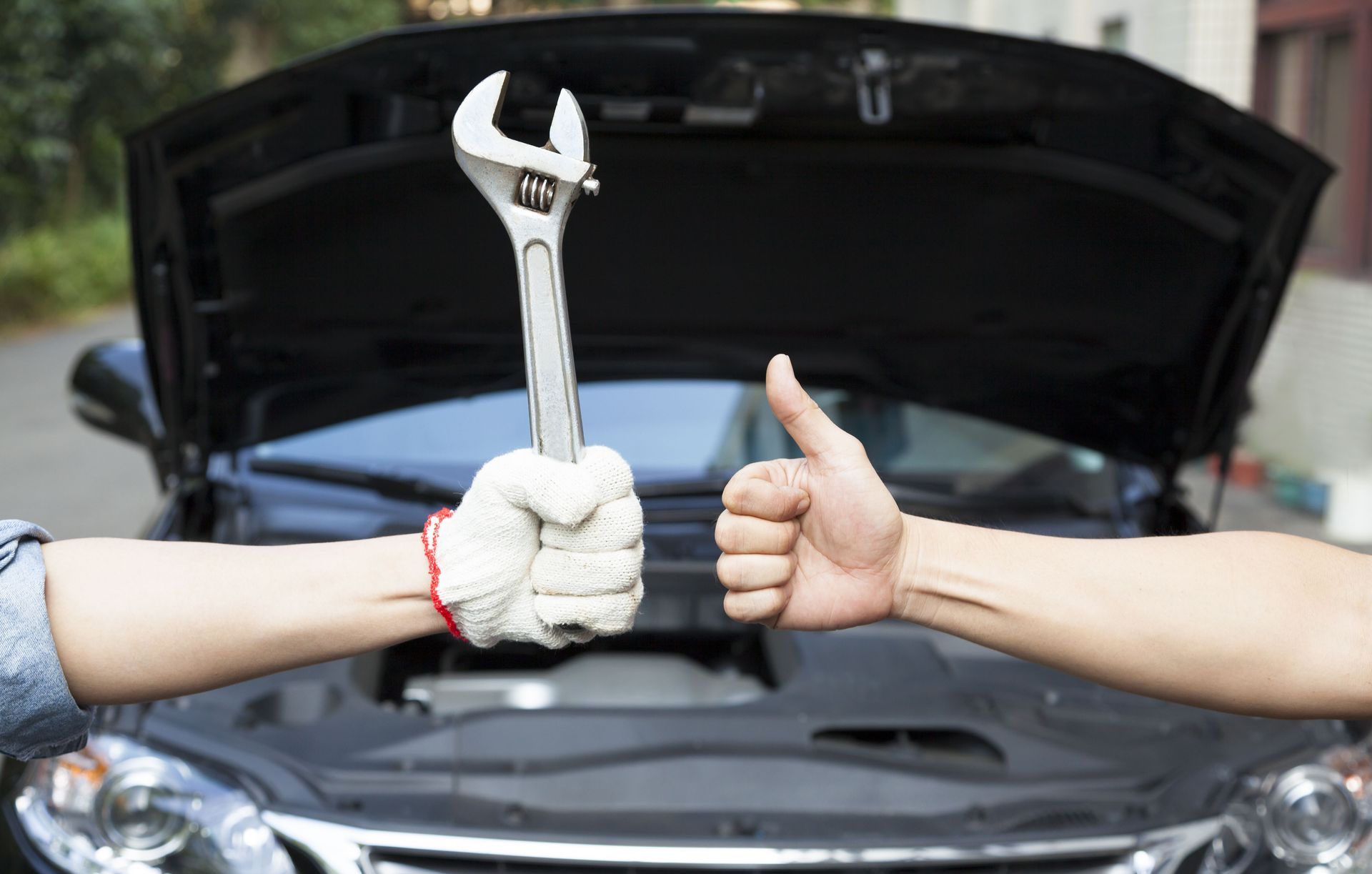

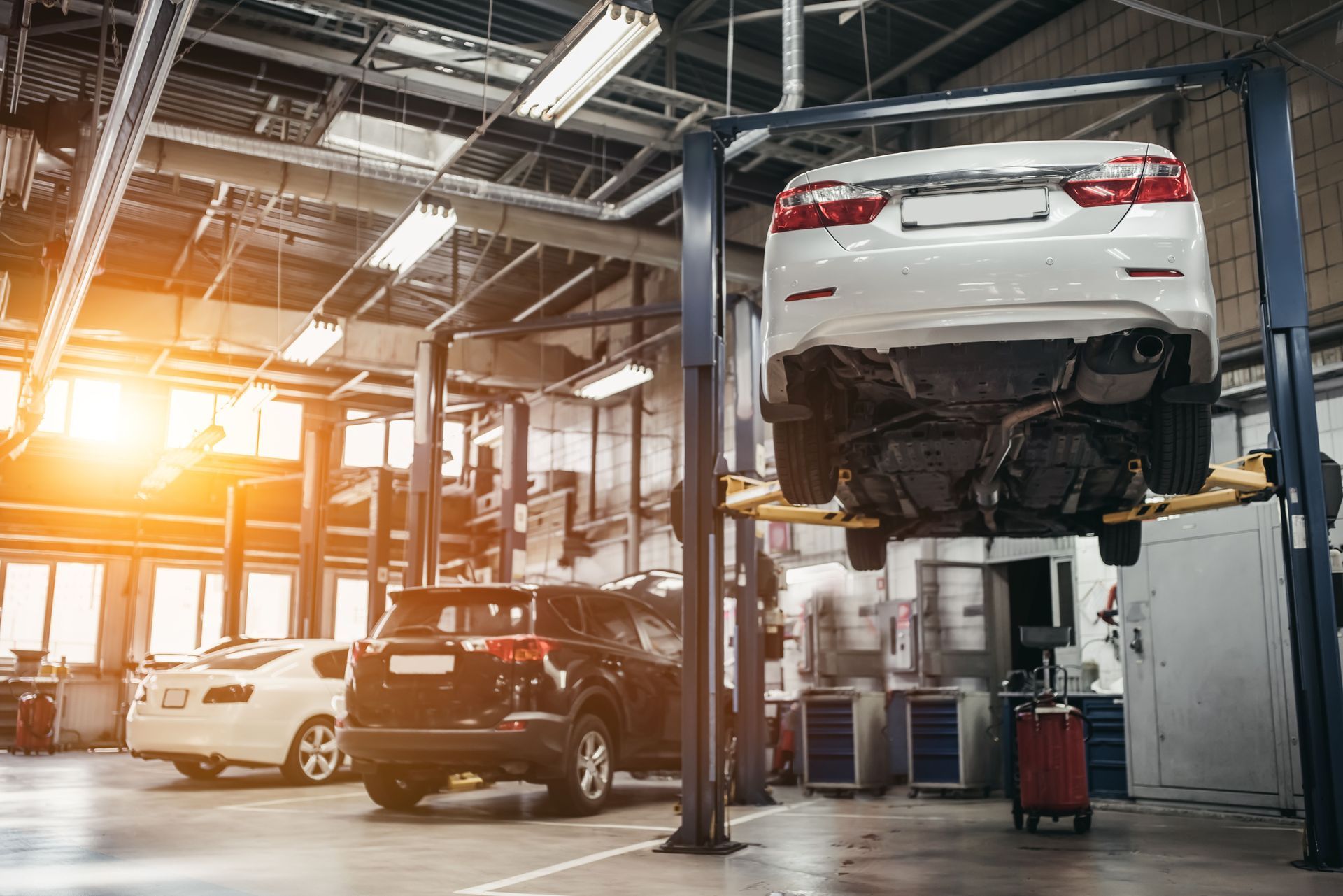
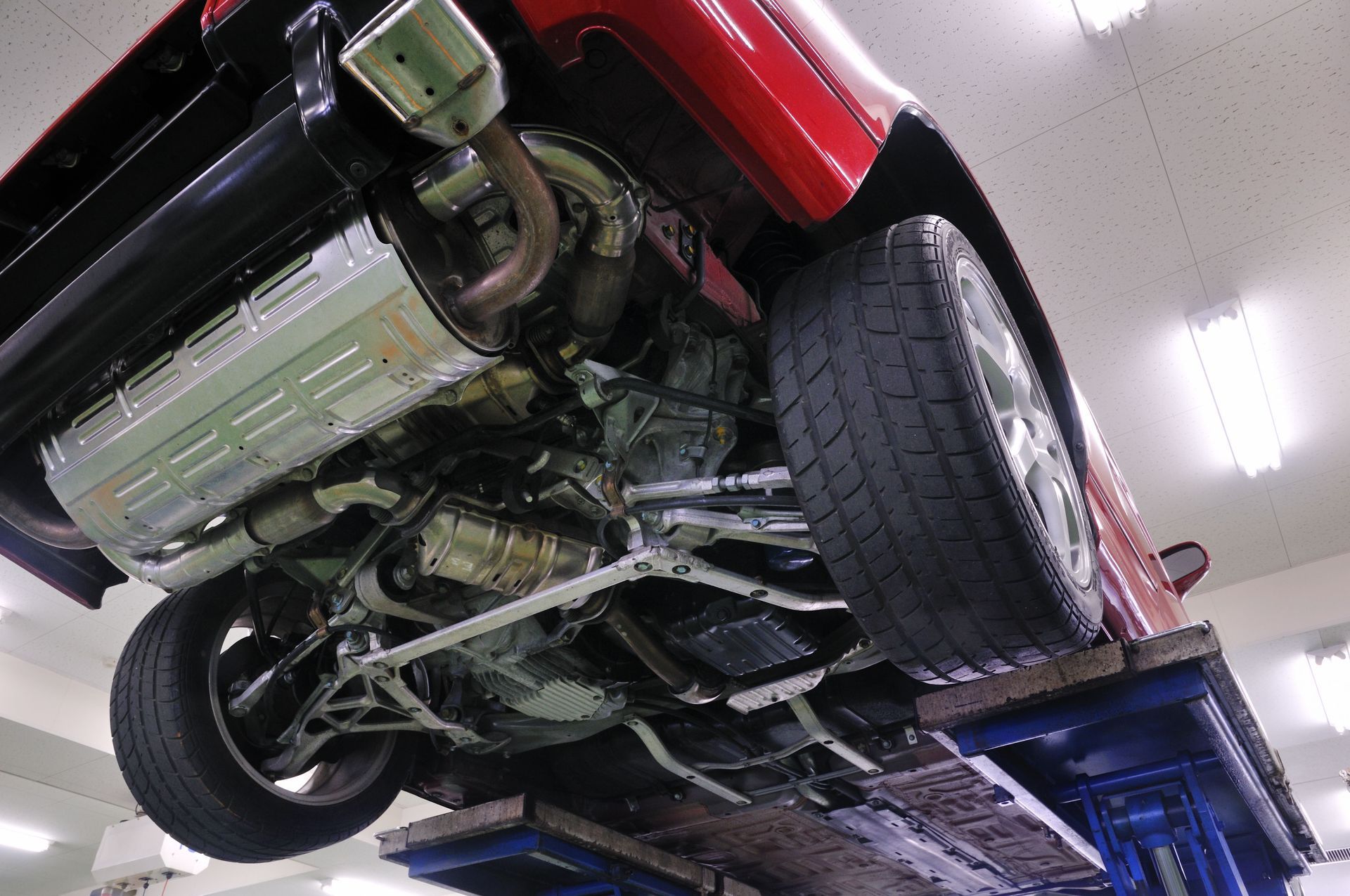
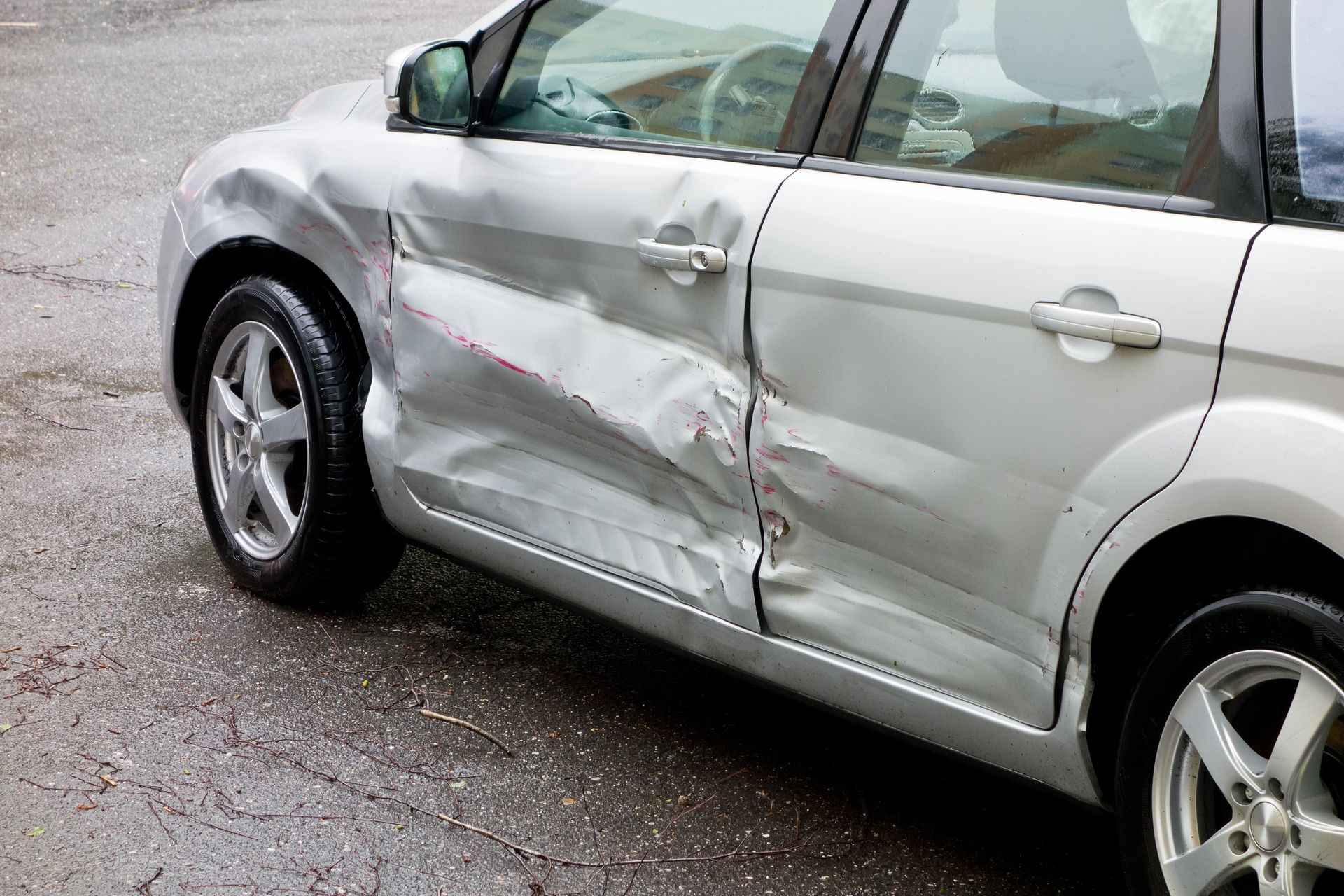
Share On: